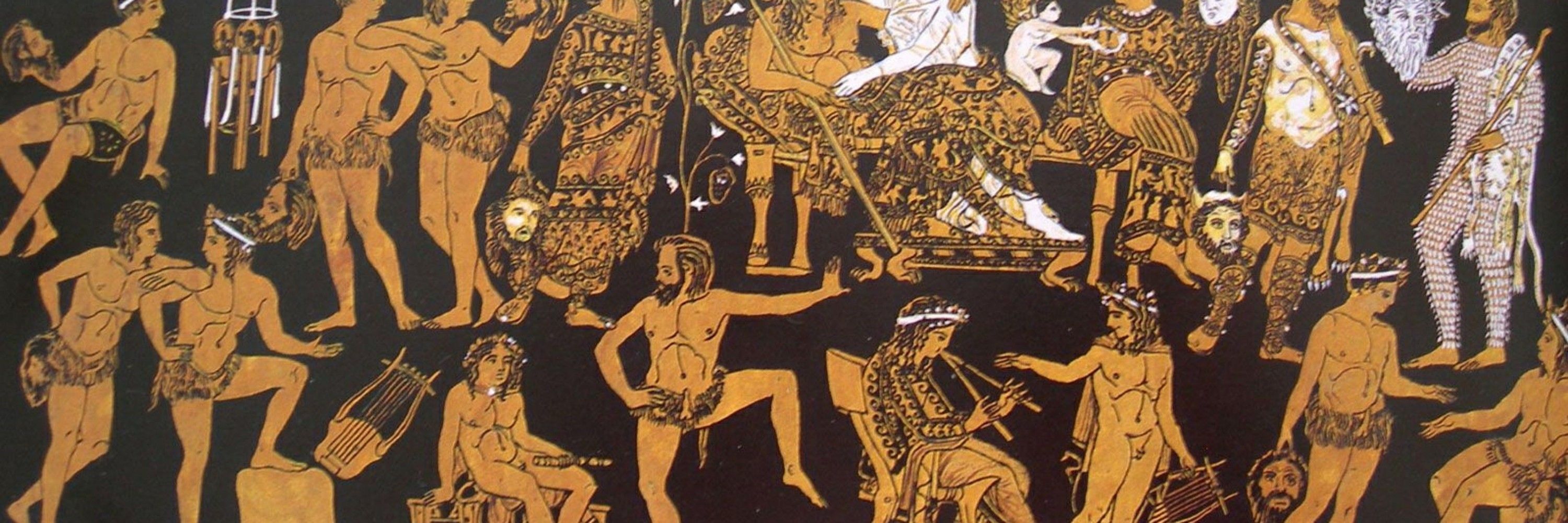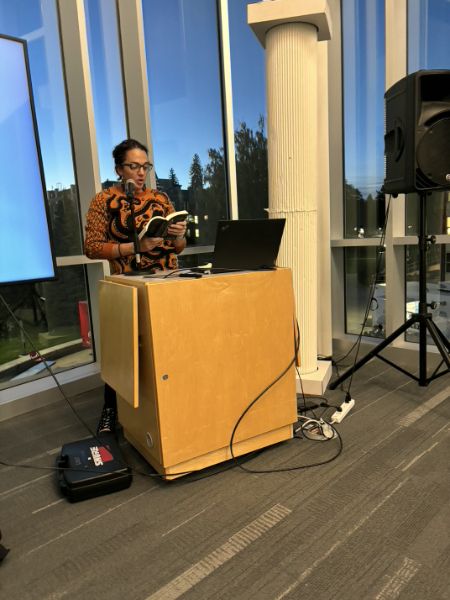Amy Pistone
@apistone.bsky.social
1.9K followers
2.9K following
280 posts
Classicist who works on agonistic things (tragedy, sports, drinking games), professor, enthusiast of sports and trash pop culture, feminist, dog owner
She/her
Posts
Media
Videos
Starter Packs
Reposted by Amy Pistone
Reposted by Amy Pistone
Reposted by Amy Pistone
Reposted by Amy Pistone
Timothy Snyder
@timothysnyder.bsky.social
· Aug 23
Reposted by Amy Pistone
Perry Bacon
@perrybaconjr.bsky.social
· Aug 15
Amy Pistone
@apistone.bsky.social
· Aug 13
Amy Pistone
@apistone.bsky.social
· Aug 9
Amy Pistone
@apistone.bsky.social
· Aug 6


















